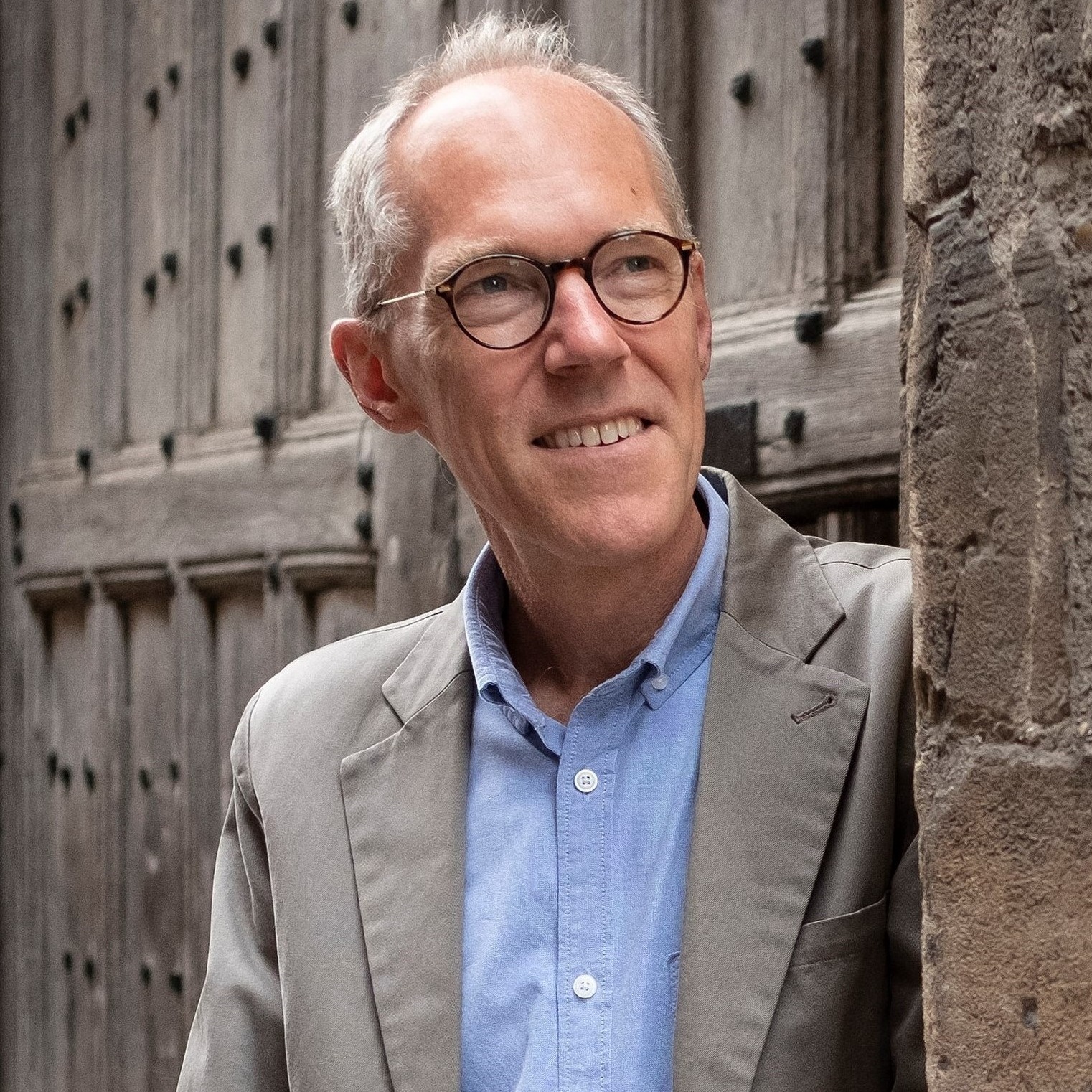Rich Man, Poor Man
 God on Monday
God on Monday
Read previous
There was a rich man who was dressed in purple and fine linen and who feasted sumptuously every day. And at his gate lay a poor man named Lazarus, covered with sores, who longed to satisfy his hunger with what fell from the rich man’s table; even the dogs would come and lick his sores’ (Luke 16.19-21).
Reflection
The social media revolution allows images of conspicuous consumption and dire poverty to be closely juxtaposed. Someone, for instance, may be watching an online video about attempts to address malnutrition in a low-income country when a short pop-up video interrupts, advertising a luxury product or service.
The same juxtaposition occurs, no less vividly, in this most rugged of Jesus’ stories. But what can it teach us? At least two things, both of which are often missed when this story is explicated.
Firstly, that our enjoyment of material things, though not wrong in itself, is to take place within certain limits. The rich man dined in style every day. To Jesus’ Jewish audience, this meant that the rich man broke the Sabbath by expecting his servants to work. As the worship of Yahweh carried social obligations, it was this man’s neglect of his worship of God that allowed him to neglect his duty towards the poor.
Perhaps this can help us understand why, when societies abandon the worship of God, their Sabbaths begin to decline. The God of rest, celebration, laughter and singing is exchanged for the dull, relentless thud of a 24-7-365 society. It may be called freedom, but true freedom appreciates the value of limits.
Secondly, a love of money can make us so attentive to our own needs that we are blind not only to the needs of others but to our ability to meet them. The rich man allows the poor man to beg at his gates, but it doesn’t occur to him that he could make Lazarus’ begging unnecessary. He accepts the beggar’s plight as inevitable. Another dulling effect of consumerism, which is born from the love of money, is the curtailing of active and practical compassion.
Response
Think of a needy person you know, at work or in your neighbourhood. How inevitable is it that their needs remain unmet? Is there something you can do, however small, that will help ease their plight?
Prayer
Deliver me, Lord God, from the dulling effect of a consumerist mindset. Help me to be content with what I have, so that I can be attentive to the needs of others.
This week’s author
Peter S Heslam, Director of Faith in Business

Read next
God on Monday is produced in partnership with the Church of England. The reflections are based on the scriptural readings designated for the coming Sunday in the Church's lectionary. You can sign up to Faith in Business here to receive each God on Monday instalment.
Feel free to share these reflections with your contacts via email and social media.